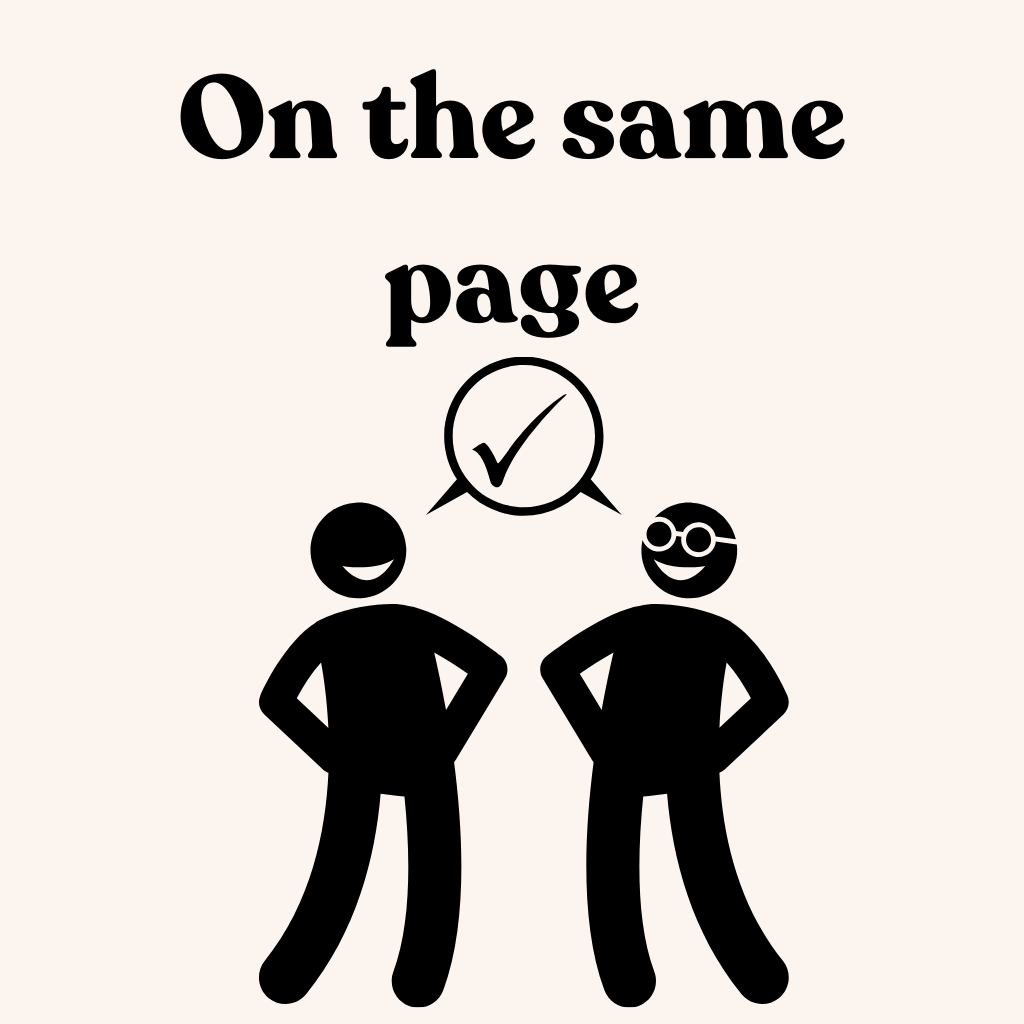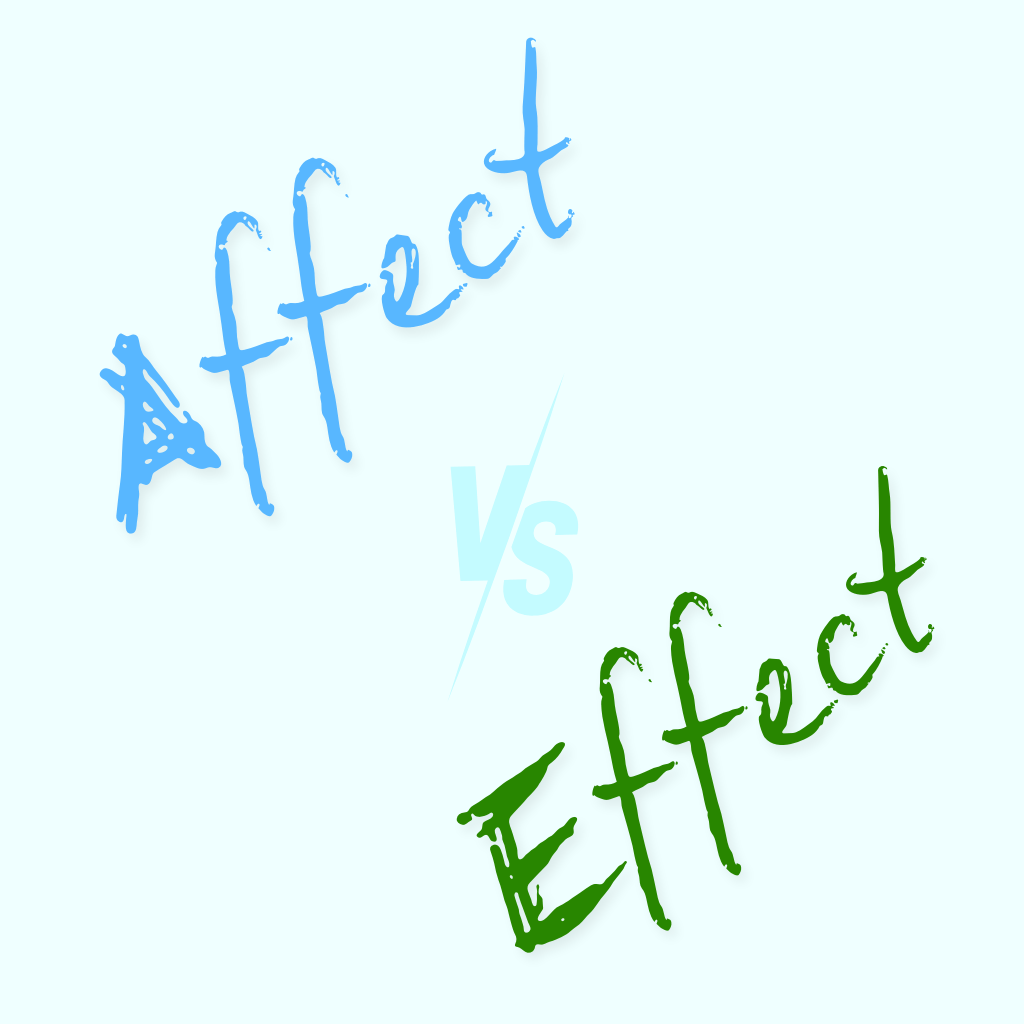Why Avoid "Very"?
Using "very" too often makes your writing weak and repetitive. Mark Twain once said, "Substitute 'damn' every time you're inclined to write 'very'; your editor will delete it and the writing will be just as it should be."
Let's learn how to make your writing more powerful by replacing "very" + adjective combinations with single, stronger words.
Instead of "Very" + Adjective
For Describing Size and Amount
| Overused Phrase | Better Choice | Example Sentence |
|---|---|---|
| very big | enormous, massive, gigantic | "It was an enormous achievement." |
| very small | tiny, microscopic, minuscule | "She lived in a tiny apartment." |
| very tall | towering, soaring, lofty | "The towering skyscraper dominated the skyline." |
| very many | numerous, countless, abundant | "Numerous studies support this theory." |
For Describing Feelings
| Overused Phrase | Better Choice | Example Sentence |
|---|---|---|
| very happy | delighted, ecstatic, overjoyed | "She was ecstatic about the news." |
| very sad | heartbroken, devastated, despondent | "He felt despondent after losing the game." |
| very angry | furious, enraged, livid | "The customer was livid about the delay." |
| very scared | terrified, petrified, horrified | "The child was terrified of the dark." |
For Describing Quality
| Overused Phrase | Better Choice | Example Sentence |
|---|---|---|
| very good | excellent, exceptional, outstanding | "She wrote an exceptional essay." |
| very bad | terrible, awful, dreadful | "The weather was dreadful." |
| very beautiful | gorgeous, stunning, exquisite | "The sunset was stunning." |
| very important | crucial, essential, vital | "Exercise is vital for good health." |
Other Overused Words to Replace
Instead of "Nice"
Think about what you really mean:
- nice person → kind, friendly, considerate
- nice day → pleasant, delightful, perfect
- nice meal → delicious, tasty, satisfying
- nice place → charming, welcoming, appealing
Instead of "Said"
Make your dialogue more expressive:
- For normal conversation → mentioned, stated, explained
- For happy moments → exclaimed, cheered, beamed
- For angry moments → snapped, growled, barked
- For quiet moments → whispered, murmured, muttered
Instead of "Good"
Be more specific:
- good food → delicious, mouthwatering, tasty
- good idea → brilliant, clever, ingenious
- good person → kind, honest, reliable
- good work → excellent, outstanding, superb
Practice Examples
Let's see how replacing overused words makes writing more engaging:
❌ Weak: It was a very good day and I was very happy.
✅ Better: It was an exceptional day and I was ecstatic.
❌ Weak: The very big house had a very nice garden.
✅ Better: The massive house had a charming garden.
Common Contexts and Better Choices
In Academic Writing
Instead of: This is a very important point.
Use: This is a crucial/fundamental/essential point.
In Business Communication
Instead of: We had a very good meeting.
Use: We had a productive/successful/effective meeting.
In Creative Writing
Instead of: She was very beautiful.
Use: She was stunning/radiant/breathtaking.
Tips for Choosing Better Words
- Ask yourself what specific quality/emotion you're trying to convey
- Consider the context (formal, casual, technical, etc.)
- Use a single, precise word whenever possible
Special Situations
In Email Writing
Instead of: "Thank you very much"
Better options:
• Thank you sincerely
• I greatly appreciate
• Many thanks for
In Descriptions
Instead of: "The food was very good"
Better options:
• The meal was delectable
• The dish was flavorful
• The food was exceptional
Remember!
When choosing replacement words:
- Make sure you know the exact meaning
- Consider your audience
- Keep the tone appropriate
- Don't overuse the replacements either!
Practice makes perfect! Next time you write, challenge yourself to avoid using "very" and other overused words. Your writing will become more precise, engaging, and professional.




